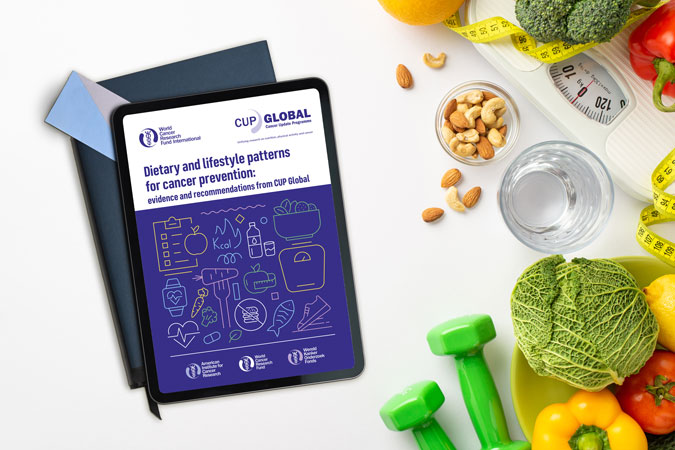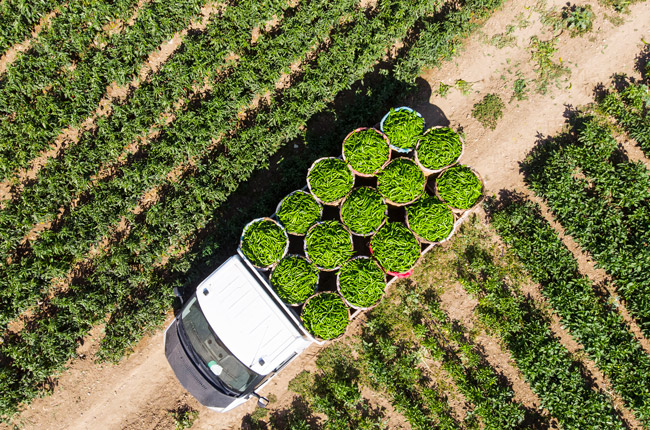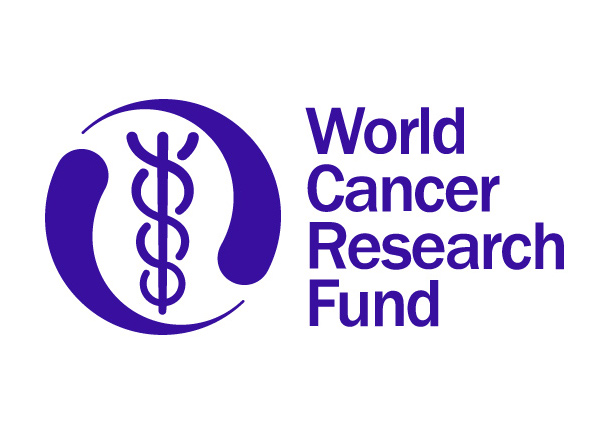Body size in children and young people hikes bowel cancer risk

Having a greater weight at birth, or a higher body size as a child, adolescent or young adult, is associated with an increased risk of bowel cancer (also known as colorectal cancer) in later life, according to new analysis by World Cancer Research Fund International.
In a major review, looking at 37 studies, our experts discovered that a higher body mass index (BMI) in childhood (2–9 years), adolescence (10–19 years), and young adulthood (18–25 years) increased bowel cancer risk during adulthood. A higher birthweight was also associated with a higher bowel cancer risk.
Innovative research
This work is part of our Global Cancer Update Programme (CUP Global). The paper is published today in the International Journal of Cancer.
The review was conducted by researchers at Wageningen University & Research (WUR) in the Netherlands. It is the first review to analyse and judge all the research examining how factors such as weight, height and body size in early life relate to our risk of bowel cancer as we get older. The results of the study were judged by our CUP Global Expert Panel.
> More information about how we judge the evidence and our evidence grading criteria.
Dr Helen Croker, Assistant Director of Research and Policy
Cancer is a complex disease which develops over several decades, so better understanding of its early origins is critical for more effective prevention and understanding the research gaps. This study shows that a higher body mass index across childhood through young adulthood is an important risk factor for colorectal cancer.
Dr Dieuwertje Kok, Associate Prof of Nutrition and Cancer at WUR
The team was excited to review results from 37 publications that explored birthweight, as well as body mass index across different early life stages. This study bridges the existing knowledge gap and enhances our understanding of how early life factors may affect colorectal cancer risk in adults.
CUP Global is the world’s largest and most authoritative source of research on cancer prevention and living with and beyond cancer. It’s a rigorous, systematic programme that gathers, analyses and assesses global research on how diet, nutrition, physical activity and body weight affect cancer risk and survival.
CUP Global is run by World Cancer Research Fund International in partnership with American Institute for Cancer Research, World Cancer Research Fund in the UK, and Wereld Kanker Onderzoek Fonds in the Netherlands.


